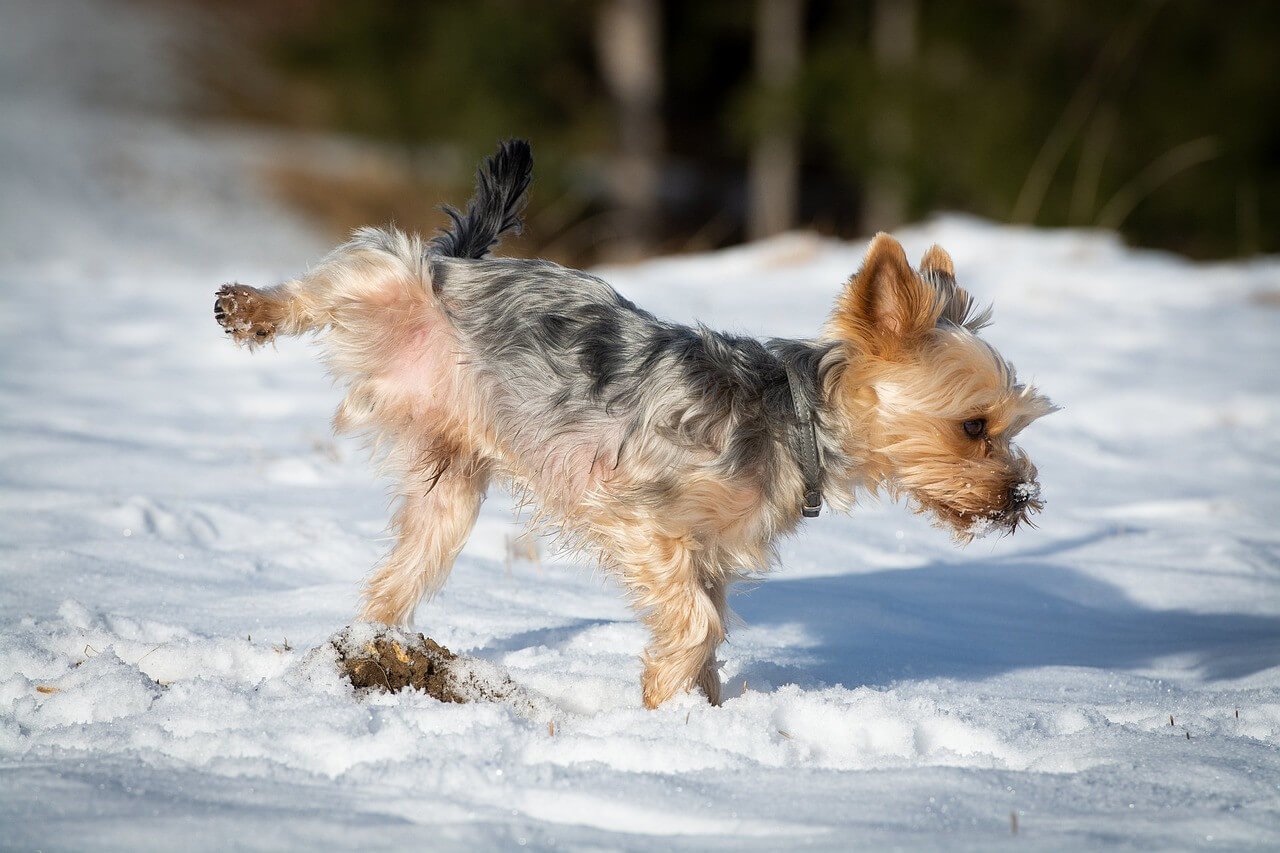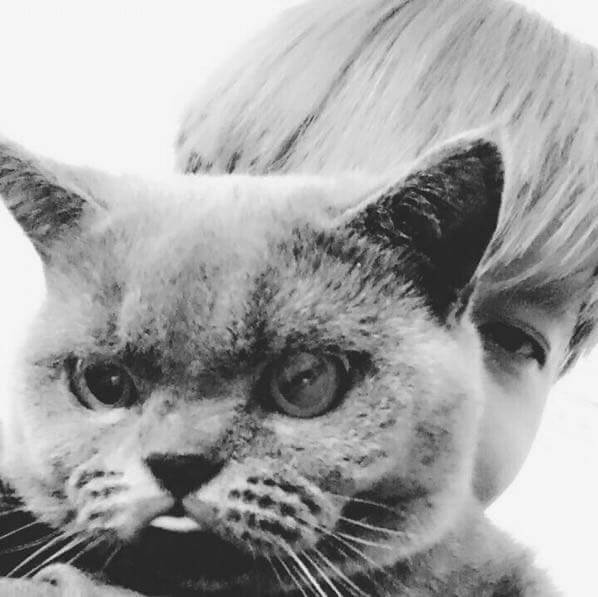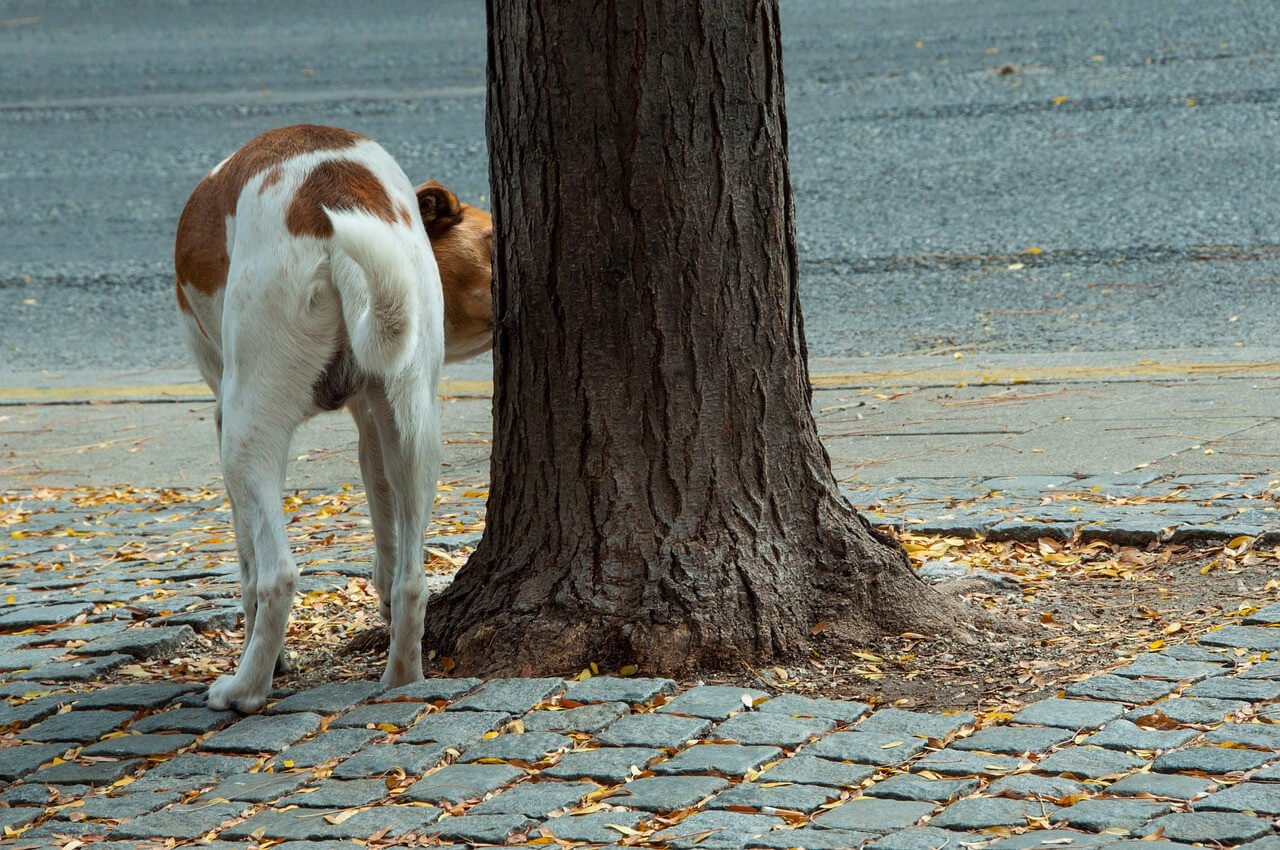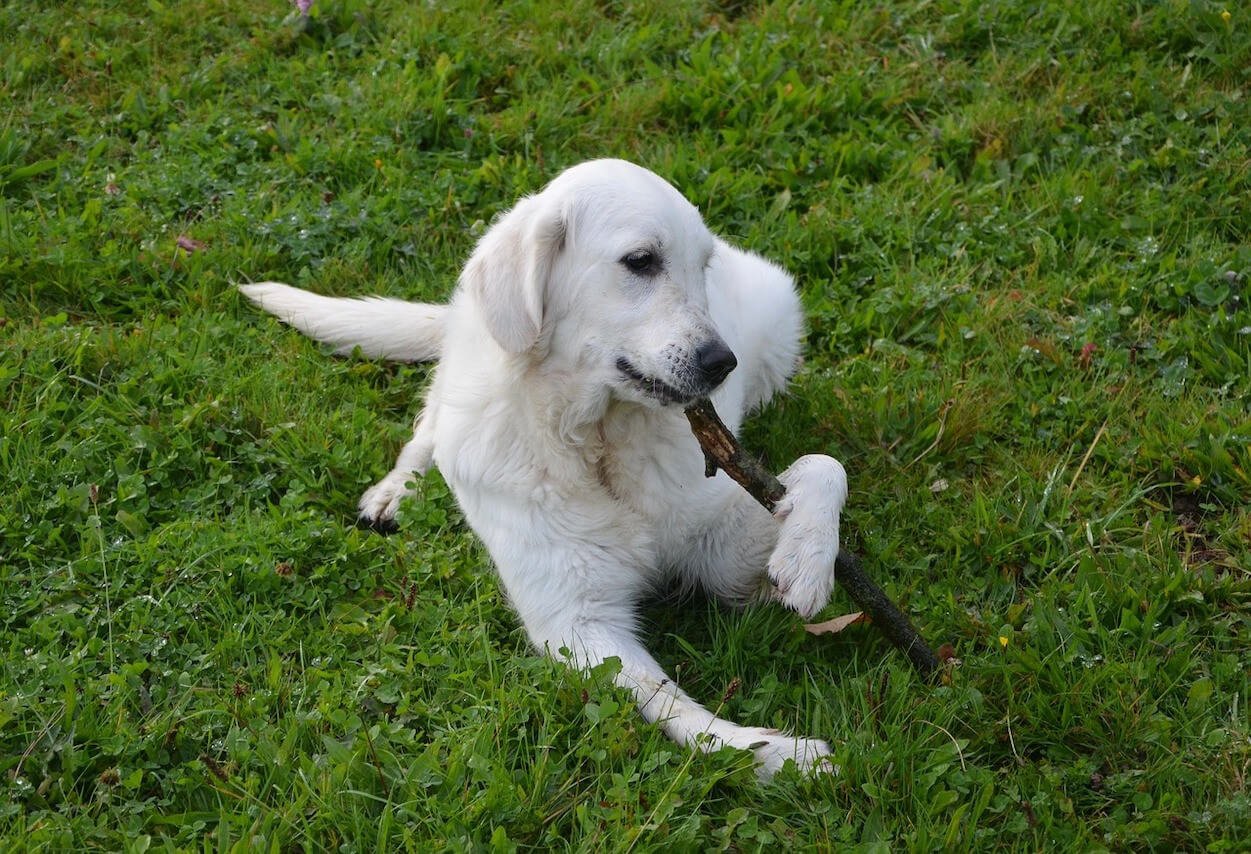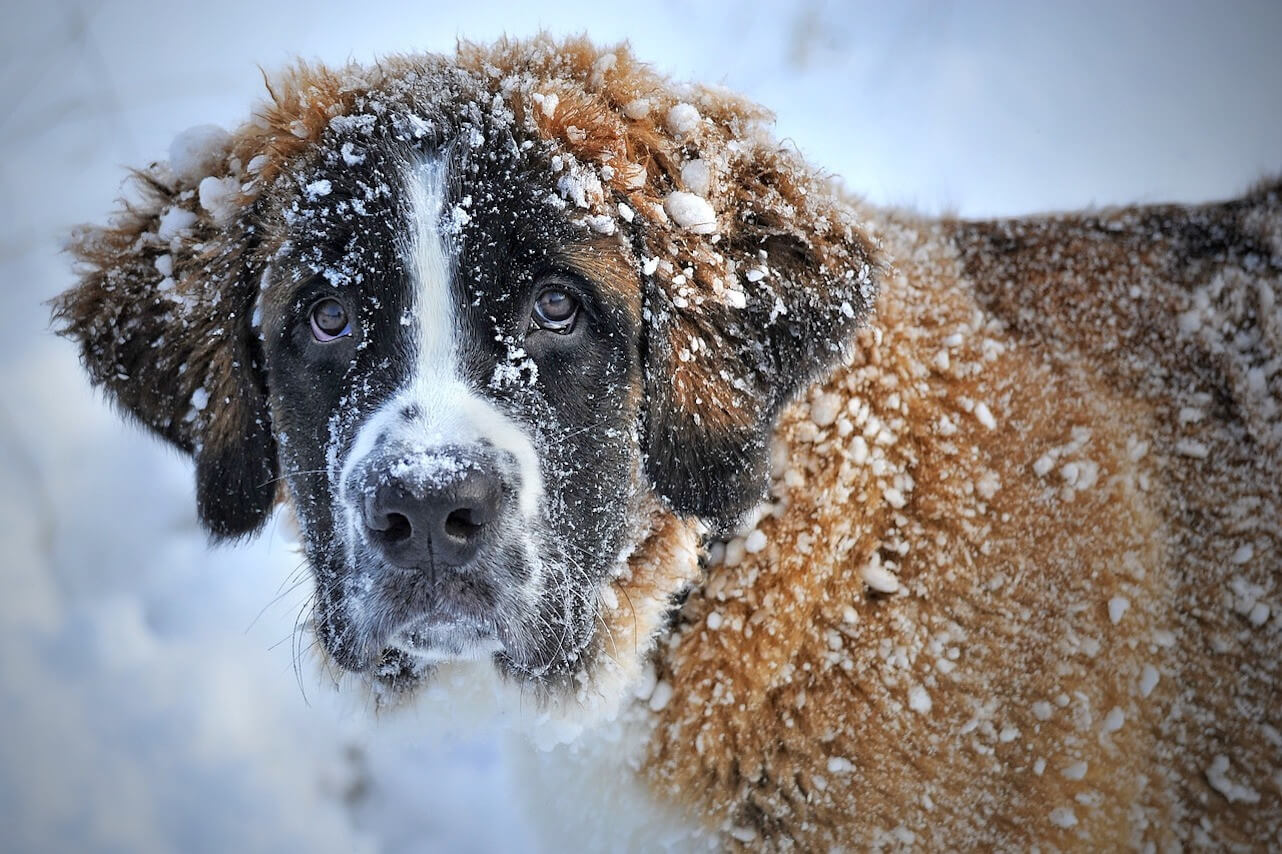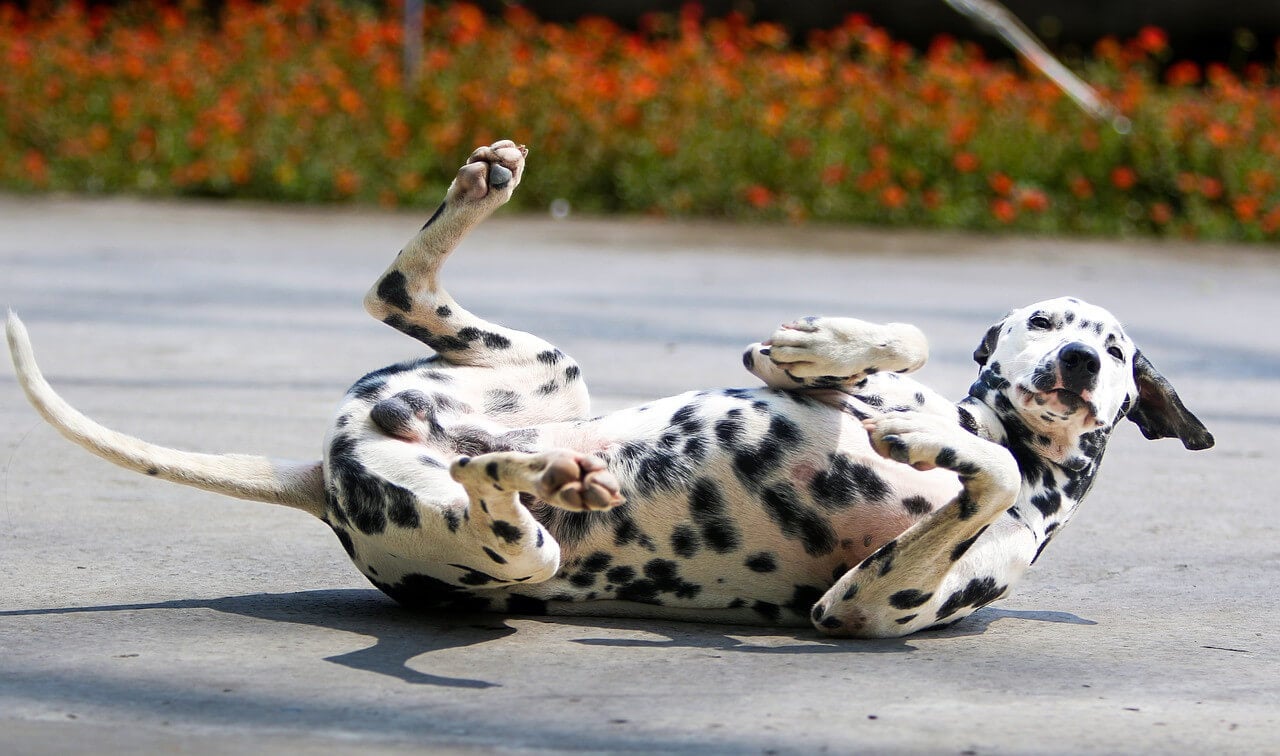The delights of puppy parenting! Everything about a puppy may melt our hearts: their contagious energy, those floppy ears, the small tail wags. But, in between the kisses and playtimes, there's a less glamorous aspect to puppy-rearing: the repeated treks outside for those pesky toilet breaks. You're not alone if you've ever wondered, "How Often Do Puppies Pee?"
Understanding a puppy's potty routine is more than a game of duck-and-cover. It's essential for efficient house training and creating a comfortable routine for both you and your pet. Dive into this book with me as we unravel the mysteries of your pup's bladder habits, and trust me when I say you'll be one step closer to mastering the art of the puppy potty dance by the end!
Factors Affecting Puppy Pee Frequency
Understanding your puppy’s potty schedule, including when puppies pee, involves more than just monitoring their water intake. Like humans, several factors affect how often your puppy needs a bathroom break. Let’s explore the key influences that determine when your pup is likely to need a potty break.
1. Age and Bladder Control:
A puppy’s bladder capacity grows with age. Younger puppies have smaller bladders and less control, which leads to more frequent potty breaks compared to older dogs. Understanding your puppy’s age-related needs is essential for setting a consistent schedule.
2. Diet and Hydration:
What your puppy eats and drinks significantly impacts their bathroom habits. A diet rich in water content will result in more frequent urination. Additionally, a well-hydrated puppy, especially during hot days, may need more frequent potty trips. Keep an eye on their water consumption to predict potty times better.
3. Activity Level:
Increased physical activity, such as after a game of fetch, can accelerate your puppy’s metabolism, leading to the need for more frequent bathroom breaks. After exercise, watch for signs that your puppy might need to relieve themselves.
4. Health and Medical Conditions:
Changes in your puppy’s potty routine could indicate health issues like urinary tract infections or other medical conditions. If you notice unusual frequency in urination, consulting a veterinarian is crucial to ensure your pup’s well-being.
By recognizing these factors, you can better manage your puppy’s potty routine, aiding in effective potty training. Understanding their cues and adapting to their needs is key to a successful and harmonious schedule.
General Guidelines by Age for Potty Training
Puppy Potty Training Timeline: When to Take Your Puppy Out
Every dog owner has experienced the uncertainty of knowing when it's time for the next potty break. While each puppy has its own unique habits, there's a general potty training timeline that can guide you through the process. In the meantime, having a waterproof dog bed can be a game-changer during these training stages, keeping your dog's sleeping area clean and dry. Here’s a breakdown, stage by stage:
Newborn to 3 weeks: At this early stage, your puppy will need to relieve themselves frequently, about every 2 hours, especially after meals. Their tiny bodies are still developing, so frequent potty breaks are essential.
3 to 8 weeks: As your puppy grows, their bladder control improves slightly, but the 2-hour mark is still a good rule of thumb. Consistent potty breaks and positive reinforcement are key to future training success.
8 to 12 weeks: During this active phase, your puppy is busy exploring the world. However, it’s important to offer bathroom breaks every 1-2 hours to avoid accidents.
3 to 6 months: Your puppy's bladder control is improving, and they’ll likely need to go out every 3 hours. This stage is crucial for reinforcing good potty habits with praise and rewards.
6 months and older: As your puppy matures, they will settle into a routine similar to that of an adult dog. Typically, they’ll need to go out 3-5 times a day.
These guidelines are just a starting point. Remember, every puppy is different, and it's important to stay patient and adjust your routine as needed. Consult your vet for specific advice, and with consistency and patience, you’ll soon have a fully house-trained puppy!
سرير كلب كبير مقاوم للماء ومدعم لتقويم العظام بالكامل

$49.98 USD
$98.50 USD
قماش أكسفورد مقاوم للماء مصنوع من قماش أكسفورد عالي الجودة ومقاوم للماء، فهو يحافظ على السرير جافًا وسهل التنظيف، وهو مثالي للكلاب التي قد تتعرض للحوادث أو تستمتع باللعب في الهواء الطلق قبل وقت القيلولة. متين ومقاوم للخدش يتحمل النسيج… read more
The Importance of a Routine
You’ve heard it before: “Routine is key.” But when it comes to puppies and their bathroom habits, especially when puppies pee, this mantra truly shines. Setting a clear, consistent routine can be the difference between a harmonious home and one filled with unexpected puddles. Let’s chat about why this rhythm is so crucial.
Consistency Builds Trust: Puppies thrive on predictability. When they know what to expect and when, it reduces their anxiety. Plus, it's comforting for them to recognize that you, their trusted human, will always be there to lead them to their relief spot.
Recognizing the Signals: Over time, with a fixed routine, you’ll start to notice your puppy’s unique signs. Maybe it’s a particular whine, a dance by the door, or a certain inquisitive sniff. These are all your pup’s ways of saying, “Hey, it’s time!”
Aiding Digestion: Just as we humans have our body clocks, dogs do too. Regular feeding times often lead to predictable potty times. This not only aids in digestion but also ensures your pup's metabolism stays on track.
Reduction in Accidents: It’s simple math – the more regular the routine, the fewer the accidents. While it might take some time initially to figure out the best schedule, once set, you’ll likely see a significant drop in those “Oops!” moments.
Fostering Independence: As your puppy grows and the routine takes root, they might even start showing signs of wanting to go out on their own, perhaps by heading to the door or fetching their leash. It’s a proud moment, seeing them take that initiative.
Setting a routine might sound tedious at first, especially with all the excitement of having a new puppy. But believe me, the effort you put in now will pave the way for a smoother, happier journey ahead. Celebrate the small successes, stay patient during the challenges, and always keep a stash of treats ready for those victorious potty moments!
The Role of Accidents
Even with the most meticulous routines, boundless patience, and a plethora of treats ready for positive reinforcement, puppies pee accidents are bound to happen. It’s a rite of passage for both you and your furry companion. Here’s a closer look at these “oops” moments and how to handle them with grace.
Accepting the Inevitable: First and foremost, accidents are a natural part of the puppy journey. Puppies are still learning, their bladder control is developing, and sometimes they just can't hold it. Remember: it’s not about mischief; it’s a learning curve.
Avoiding the Blame Game: If you stumble upon a surprise puddle, it’s essential to avoid scolding or showing frustration. Negative reactions can lead to anxiety and confusion, making the training process longer and more challenging.
The Power of Cleaning: Address the mess promptly! The quicker you clean up, the less likely your pup will be to associate that spot as a designated pee area. Consider using enzymatic cleaners; they're specially designed to tackle those stubborn pet odors.
غطاء أريكة مقاوم للماء ومضاد للميكروبات من قماش شانيل بسيط مضاد للخدش

$28.50 USD
$38.00 USD
غطاء الأريكة الجديد البسيط المصنوع من قماش الشنيل: حماية فائقة وتقنيات مقاومة للماء والزيوت ومضادة للميكروبات لتوفير حماية لا مثيل لها وأناقة لأريكتك. تكنولوجيا الحماية المتقدمة: تم تجهيز غطاء الأريكة هذا بتقنيات متطورة مقاومة للماء والبكتيريا والميكروبات، مما يوفر حماية… read more
Document and Adjust: Keeping a brief record of when accidents happen can be insightful. Notice a pattern? Perhaps it's time to adjust your routine, like adding an extra evening break or rethinking their feeding schedule.
Stay Positive and Patient: As with all challenges in life, maintaining a positive attitude is half the battle. Your puppy will pick up on your vibes. Approaching accidents with understanding and a forward-thinking mindset will set the tone for a trusting, loving relationship.
In the grand tapestry of puppyhood, accidents are just tiny blips. With time, patience, and consistency, they'll become less frequent. And believe it or not, one day you'll look back and chuckle at these minor mishaps as you gaze at your now fully house-trained dog, feeling a swell of pride at how far you both have come.
Night-Time Considerations for Puppies
When the sun sets and we humans are eager to snuggle into our beds, it's easy to forget that our four-legged pals might still need those nighttime bathroom trips. As with everything puppy-related, navigating the nocturnal potty breaks requires a mix of patience, planning, and a dash of intuition. Let’s unpack the night-time nuances.
Puppy Sleep Cycles: Just like human babies, puppies don't start off sleeping through the night. They have shorter sleep cycles, which means those midnight (or 2 a.m. or 4 a.m.) potty breaks might be a thing for a while.
Crate Training to the Rescue: Many pet parents swear by crate training, not just as a housebreaking tool, but also as a cozy, safe space for the pup. Puppies usually avoid soiling their sleeping areas, so a well-sized crate can encourage them to hold it in a bit longer.
Limit Evening Fluids: It's a trick as old as time – reduce water intake a couple of hours before bedtime to reduce the need for pee breaks. Of course, never withhold water if your pup is thirsty, especially during hotter months or after vigorous play.
Last Call Before Lights Out: Make it a habit to take your puppy out for a potty break right before you hit the hay. This "last call" can buy you a few more precious hours of uninterrupted sleep.
Staying Calm During Nocturnal Nudges: When your puppy does wake you up in the wee hours, stay calm and business-like. Praise them for waking you up rather than having an accident, but avoid turning it into playtime. The goal is to get back to sleep ASAP.
Progress Is a Process: Over time, as their bladder grows and they adapt to the household routine, most puppies will start sleeping longer stretches. Celebrate those milestones when they come, and remember that every pup has its pace.
Those nighttime potty trips, accompanied by the shimmering stars and the silent serenade of crickets, can be unexpectedly magical. They're a testament to the bond and trust developing between you and your pup. So, on those especially groggy nights, when you're stumbling out in your PJs, remember: this phase is fleeting. Before you know it, your puppy will be snoozing soundly through the night, and these moments will be cherished memories.
Frequently Asked Questions
How long can puppies typically hold their bladder? While this varies based on age and size, a general rule is one hour for every month of age, up to a maximum of 8 hours for adult dogs. However, this doesn't mean they should be made to wait that long regularly.
My puppy seems to pee multiple times in quick succession. Is this normal? Yes, some puppies might not empty their bladder entirely in one go. It’s also a way for them to mark territory. Just ensure you're giving them ample time outside to finish their business.
Are certain breeds more challenging to house train than others? While individual temperament plays a significant role, some small breeds might take longer to house train because of their tiny bladders and higher metabolisms. On the other hand, larger breeds might catch on faster but have more frequent accidents due to the volume they drink and pee.
Does diet play a role in a puppy’s peeing frequency? Absolutely. A balanced, age-appropriate diet ensures that your puppy gets the right amount of nutrients without excess liquid. Always ensure you're feeding them high-quality food and providing fresh water.
We've been consistent, but my puppy still has accidents. Should I be concerned? If your puppy continues to have accidents despite consistent training, it might be time for a vet check. There could be underlying medical issues, like a urinary tract infection, that need addressing.
Conclusion
Puppyhood is a roller coaster ride of charming antics, heart-warming moments, and, yes, unexpected puddles. But, as we conclude our exploration of puppy pee patterns, it's important to consider the comfort of your furry friend during these stages. A cozy dog sofa bed can provide the perfect spot for them to rest after a long day of adventures. Remember, every stage, every obstacle, and every triumph is a chapter in your shared journey.

